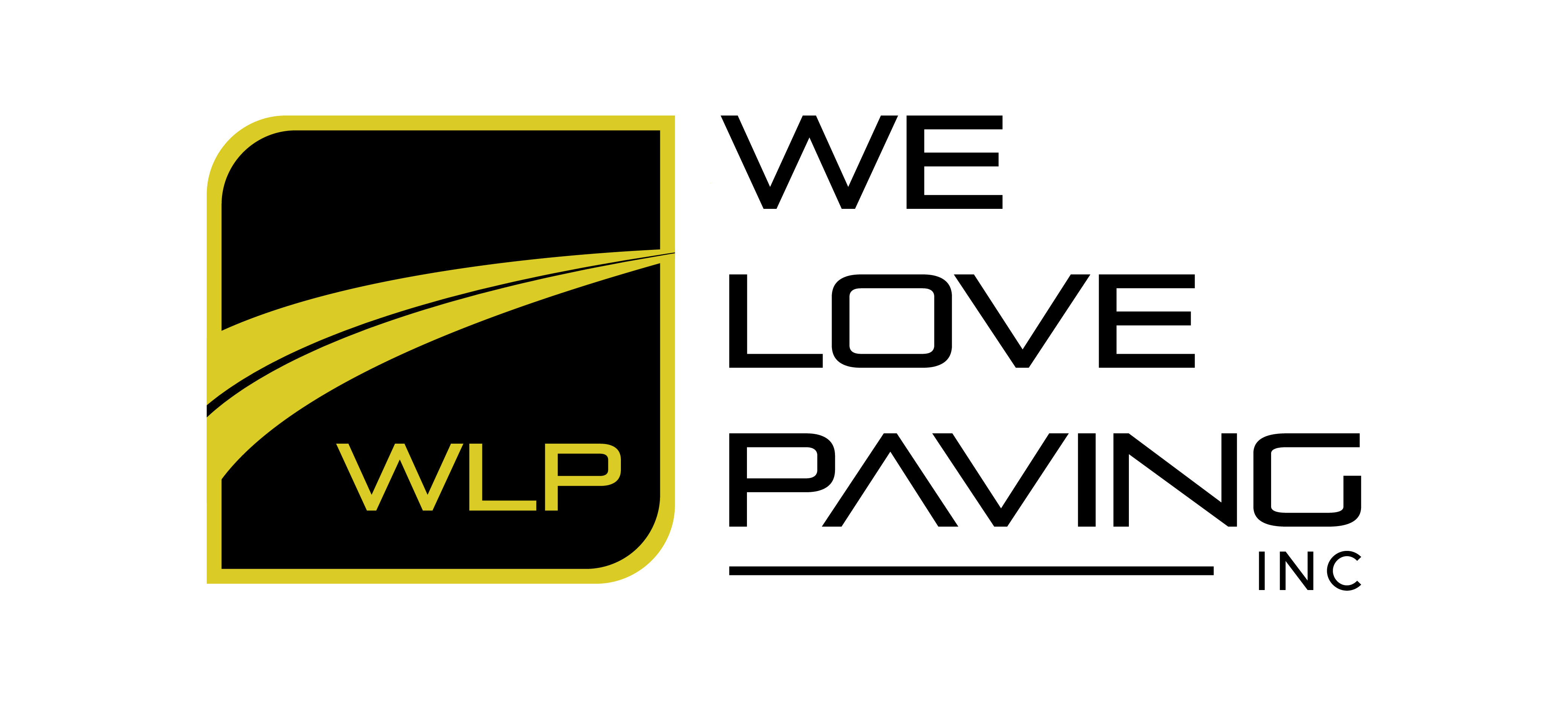Driveway materials have evolved significantly over the years, adapting to changing needs, aesthetics, and technologies. From simple dirt paths to sophisticated, durable surfaces, homeowners and businesses today have a variety of options to choose from. However, despite the competition, asphalt remains the leading choice for driveways across the globe. This article explores the evolution of driveway materials, comparing options, and explaining why asphalt continues to dominate.
driveway material and his history
Initially, driveways were merely compacted dirt paths, used primarily to create a designated route for carriages and later, automobiles. Over time, materials like gravel became popular for their affordability and ease of installation. However, as cars became more common and durable roads were in demand, alternatives like concrete and asphalt entered the scene.
Gravel was a favorite for rural areas, but urban driveways required smoother and more robust surfaces. By the mid-20th century, asphalt became the material of choice, known for its combination of durability, affordability, and ease of repair.
Comparing Modern Driveway Materials
-
Gravel Driveways: Gravel is still a budget-friendly option and works well in rural or secondary driveways. However, its high maintenance needs and lack of smoothness make it less ideal for modern homes and businesses.
-
Concrete Driveways: Concrete offers a sleek and durable surface, lasting decades if properly maintained. It is resistant to heavy loads and provides a clean, modern appearance. However, the cost of installation and its tendency to crack in extreme temperatures make it less appealing than asphalt in some regions.
-
Asphalt Driveways: Asphalt strikes a perfect balance between cost and performance. It’s smooth, durable, and cost-effective compared to concrete. Additionally, asphalt is highly flexible, making it less prone to cracking in areas with fluctuating temperatures.
-
Brick and Paver Driveways: For those focused on aesthetics, brick and pavers offer a decorative look. While visually appealing, these materials are often more expensive and labor-intensive to maintain than asphalt or concrete.
-
Permeable Driveways: Newer environmentally friendly options like permeable pavers are gaining attention. These materials allow water to seep through, reducing runoff and helping recharge groundwater. However, they are costlier and require specialized installation.
Why Asphalt Still Leads the Pack
1. Affordability
Among driveway materials, asphalt is one of the most cost-effective choices. Its installation costs are significantly lower than concrete or decorative pavers, making it accessible for most budgets.
2. Durability and Longevity
Asphalt driveways can last 15–20 years with proper maintenance. Unlike gravel, which shifts over time, or concrete, which is prone to cracking, asphalt offers a robust surface that can withstand daily wear and tear.
3. Quick Installation
One of the biggest advantages of asphalt is how quickly it can be installed. Driveway materials like concrete require longer curing times, whereas asphalt can often be ready for use within 24–48 hours after installation.
4. Maintenance and Repair
Driveways made from asphalt are easy to maintain. Small cracks can be sealed before they expand, and periodic seal coating extends the life of the surface. Compared to other driveway materials, asphalt is more forgiving and cost-efficient when it comes to repairs.
5. Aesthetic Appeal
The rich, dark color of asphalt driveways complements almost any property style. While concrete can stain and discolor over time, asphalt retains its sleek appearance with proper care.
6. Environmental Advantages
Modern asphalt often incorporates recycled materials, making it more environmentally friendly than other options. Additionally, its ability to absorb heat can help reduce snow and ice buildup in colder climates.
Emerging Trends in Driveway Materials
While asphalt remains a top choice, innovations in driveway materials are emerging. These include sustainable options like rubberized asphalt and solar-integrated surfaces. However, even with these advancements, asphalt continues to lead the market due to its proven reliability and value.
Conclusion
As driveway materials have evolved, asphalt has consistently proven itself as the best option for homeowners and businesses alike. Its balance of cost, durability, and ease of maintenance makes it an unbeatable choice. While alternatives like concrete and permeable pavers have their merits, asphalt driveways remain the industry standard for a reason.
If you’re considering upgrading or installing a driveway, We Love Paving is here to help. Contact us today for expert advice and professional asphalt services tailored to your needs!
